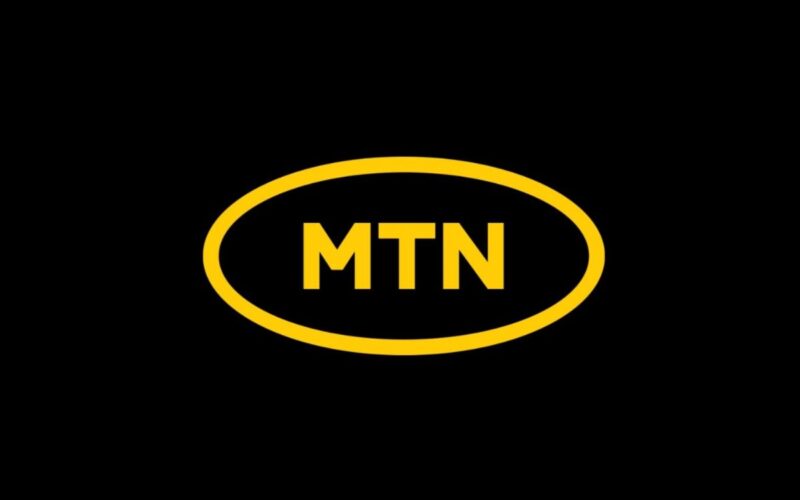In 2018, millions of customers at a major UK bank woke up to a digital banking system that had collapsed in real time. Users were locked out of accounts. Some saw incorrect balances. Payments stalled. The post-incident investigation revealed something surprising.
The failure did not begin with servers, databases, or code. It started with documentation. Rollback steps were missing. System diagrams were outdated. Configuration records did not match the live environment.
The engineers brought in to fix the problem did not have a reliable guide to the system they were trying to restore. Productivity collapsed, trust disappeared, and the company paid hundreds of millions of pounds in compensation and fines.
The lesson was clear. Documentation prevents chaos. It is not an extra. It is infrastructure.
Why This Matters for Emerging Tech Markets
Across emerging tech ecosystems, especially in Africa, documentation still receives the least attention inside product teams. It is introduced late, written in a rush, and rarely maintained. Companies invest in engineering talent, talent acquisition, product design, cloud services, and marketing, but documentation is often treated as a side task instead of a core system.
The results can be costly. Onboarding becomes slow. Support tickets multiply. Engineers lose context. Users give up before reaching value. For early-stage startups, that combination can destroy momentum.
One of the most vocal advocates working to change this trend is Sooter Saalu, a Data Engineer and documentation specialist who helps global startups improve developer onboarding and user activation. His work connects Africa’s growing engineering ecosystem with global standards for reliability, clarity, and developer experience.
The Work Behind the Calm
Sooter focuses on developer-facing products, where complexity is high and clarity determines adoption. He turns scattered engineering notes, tribal team knowledge, Slack conversations, and undocumented API behaviours into documentation that is easy to learn and easy to trust.
“Documentation is not a manual. It is an experience. If developers cannot understand your product, they cannot adopt it,” he says.
With experience at Draft.dev, Expanso, and other fast-moving developer platforms, he helps teams reduce support burden, increase activation, and move users from sign-up to first value faster. Engineering work only matters when users can understand it.
An Unusual Path Into Software
Sooter’s career did not begin with computer science. His first fascination was human behaviour. He studied psychology, earned a BSc and MSc, and worked in research. Quantitative analysis introduced him to Python. Python led to data analytics, then to data science, and finally to data engineering.
During that journey, he began documenting his learning. He wrote about Kubeflow, data pipelines, and machine learning deployment. What started as personal notes became educational content. The content led to opportunities in technical writing and developer experience.
“I realised that solving problems with code felt like solving human puzzles in a different language,” he says. “What started as a hobby became a career path.”
Documentation as a Growth Strategy, Not an Afterthought
Sooter is part of a growing group of engineers proving that documentation is not a static PDF or a last-minute deliverable. It is a tool for product growth. Clear documentation turns beginners into active users. It reduces the need for repetitive support. It builds trust in product quality.
Global technology companies have already recognised this. More than 60 per cent of Fortune 500 tech companies now invest in dedicated documentation engineering teams. Gartner reports that companies with mature documentation practices outperform competitors in customer satisfaction and customer lifetime value.
The future of developer-first products will not belong to the teams with the loudest marketing. It will belong to the teams whose users can integrate, build, and succeed without confusion.
Scaling Knowledge Across the Continent
Beyond his work with companies, Sooter invests heavily in African developer education. He has contributed to open source communities such as Apache Airflow, dbt, The Good Docs Project, and Write the Docs NG. He has spoken at Conf42 on Observability, Write the Docs Kenya, and Slush’D.
His focus is straightforward. If African developers and technical writers have better access to knowledge, they can build better products. If teams document their work, they grow faster and break less.
“Communities grow when knowledge is shared, not locked away,” he says.
A Future Without Avoidable Failures
Sooter believes documentation should follow the same discipline used in code. It should be reviewed, tested, versioned, monitored, and measured. Companies should understand where users get stuck and what information needs improvement.
“No great product should fail because users could not understand it,” he says. “Words can block innovation, or words can unlock it.”
Through writing, mentorship, technical education, and open source work, Sooter is helping shape a future where African developers build products that scale without chaos. A future where early-stage startups can move faster without breaking everything along the way. A future where clarity is part of engineering, not a separate department.
In that future, documentation is not paperwork. It is a competitive advantage. It is the difference between confusion and traction. It is how products earn trust and keep it.












